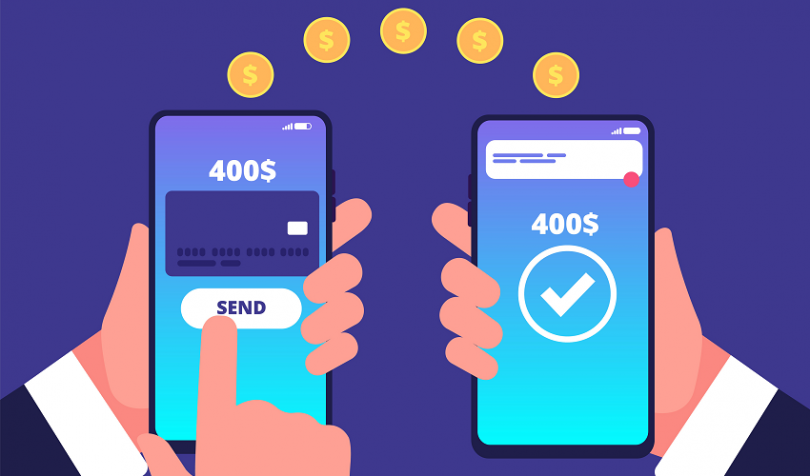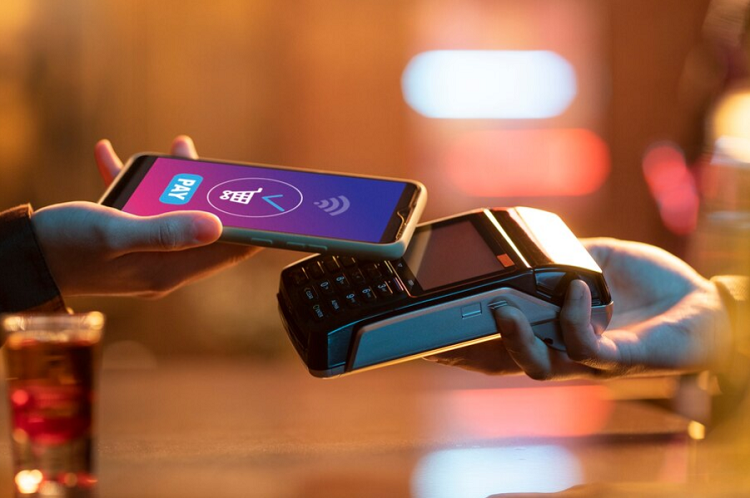Somalia is deliberate in rising cell cash entry to its individuals, explains Abdilahi Ali, who steers the Central Financial institution’s financial and regulatory insurance policies.
“As we rebuild our nation, we’re conscious of the truth that we’re working in an atmosphere the place 98% of our foreign money is counterfeit.” Ali says, citing the ramifications of a devastating civil conflict and a collapsed monetary system, with the statistic initially offered by the IMF, with the Bretton Woods establishment additional claiming the remaining 2% of the cash mentioned to be tattered.
In truth, 70% of grownup Somalis use cell cash providers recurrently, the World Financial institution says. Globally there are actually 310 cell cash providers in 96 international locations; 171 of these providers are in Africa, and 157 are in sub-Saharan Africa particularly, in line with the World System for Cellular Communications Affiliation (GSMA). 2021 State of the trade Report on Cellular cash.
“Digitization of funds has elevated transparency and decreased the price of monetary transactions, resulting in higher effectivity and financial development. As soon as a cost system is working successfully and effectively, it turns into a recreation changer to an financial system,” says Njuguna Ndungu, cupboard secretary, of Kenya’s Nationwide Treasury and Financial Planning.
Total, Africa had a cell cash transaction worth of $495 billion in 2020. That’s virtually two-thirds of the worldwide worth of $767 billion, in line with the GSMA, underlining that the area’s banking future is secured by financial digitization.
Kenya and Ghana have moved quick to undertake digital funds, in line with the Boston Consulting Group. Transactions made through cell wallets have been equal to 87% of the GDP in Kenya and 82% in Ghana. The report additional estimated that cell funds in Africa might rise from “$3.5 billion in 2021 to between $14 billion and $20 billion in 2025,” says Michael Mbuthia, East Africa regional director at AfricaNenda.
Sanjeev Gupta, a senior fellow on the African Heart for Financial Transformation, says financial digitization has had a optimistic impression on Africa. It supplies extra—and higher—info to policymakers to formulate and implement laws, notably the place nationwide establish card schemes have been carried out. It additionally lowers the price of administering taxes and makes it simpler for residents to adjust to their obligations to pay taxes.
“Progressively, it’s bettering the attain of policymakers to supply advantages to the inhabitants,” says Gupta. “And most significantly, it’s contributing to monetary inclusion and permitting residents to switch funds utilizing mobile-phone-based monetary providers platform. All in all, that is rising the effectivity of monetary system and increasing the flexibility of governments to supply public providers at a decrease price and with much less leakage—an necessary consideration the place assets are restricted.”
In sub-Saharan Africa, cell cash has seen exponential development. The platform is touted as a revolutionary device for increasing entry to monetary providers in low-resource environments. With only a cell phone, customers are capable of hasten switch of cash at low price and without having entry to an current banking account.
The uptake of digitization of funds has diversified throughout African states, with some international locations exhibiting a excessive diploma of adoption and others lagging behind, says Njuguna.
The important thing problem is offering a steady and predictable coverage framework for monetary service suppliers to comply with. It’s equally necessary to have a steady macroeconomic atmosphere the place international locations handle their fiscal and exterior insurance policies with out creating undue imbalances that result in frequent adjustments in insurance policies, says Gupta.
As well as, Gupta says there are over 20 international locations in sub-Saharan African that at present have adjustment packages with the IMF and lots of extra are in dialogue to have a program.
“Many international locations are vulnerable to or in debt misery, which might require a serious realignment of their macro insurance policies,” Gupta says. “The debt-to-GDP ratio has grown sharply since 2010, which has meant a big share of their tax income are allotted to pay curiosity on debt.”
One of many areas the place digitization of funds has taken off is East Africa, notably in Kenya and Tanzania, the place cell cash platforms resembling Mpesa have been broadly adopted, largely because of excessive penetration of cellphones and restricted conventional banking infrastructure in these international locations, which makes digital funds a extra viable choice for many individuals.
“This effort was pushed by the necessity to change the monetary providers design for low-income cohorts,” says Njuguna.
In line with Mbuthia, African governments are making use of fascinating use circumstances to assist scale cost providers with the intention of participating a broader buyer base.
“Demand and provide issues significantly have an effect on uptake of cost applied sciences. When a rustic has in depth cell penetration, the uptake of digital monetary providers can be greater,” says Mbuthia. “Components affecting the provision facet will embrace favorable regulatory regime, which might assist scale up funds.”
At present, Africa is residence to extra digital monetary providers deployments in comparison with some other area within the globe, with virtually half of the almost 700 million particular person customers worldwide, in line with the Worldwide Financial Fund.
Cellular cash options and agent banking now provide inexpensive, on the spot and dependable transactions, in addition to financial savings, credit score and even insurance coverage alternatives in each rural villages and concrete neighborhoods the place there aren’t any financial institution branches.
“The uptake of digital applied sciences is uneven throughout Africa. Nations with stronger establishments and steady governments and comparatively steady macroeconomic insurance policies have made greater progress on this space,” Gupta says. “For instance, Kenya stays on the forefront in adopting digital applied sciences. Nations which can be seen as fragile, resembling Burkina Faso and Niger, are slower in adopting digital applied sciences.”
Africa tends to embrace innovation at scale and leapfrog into the way forward for digital funds, in line with Andres Pérez, director of the Fintech Affiliation of South Africa, although some African international locations wouldn’t have the right banking construction to permit them to undertake conventional cost strategies resembling playing cards.
“In markets like Nigeria, for example, the expansion of on the spot digital funds in comparison with card funds or cell point-of-sale (mPoS) has been dramatic. Within the first two months of 2022 alone, virtually $130 billion (53.83 trillion naira) was transferred by way of NIPS, in comparison with solely $2.7 billion (1.15 trillion naira) processed by way of PoS terminals,” says Pérez.
In West Africa, international locations resembling Ghana, Nigeria and Senegal have proven a excessive diploma of uptake, pushed by a big younger inhabitants, excessive cell phone penetration and elevated consciousness of digital monetary providers, says Njuguna.
He provides that international locations within the Southern Africa area, resembling South Africa and Namibia, have been slower to undertake digitization of funds, due partially to a extra developed conventional banking infrastructure and a decrease cell phone penetration price.
“Additionally, some international locations within the Central Africa area, resembling Cameroon and DRC, have been sluggish to undertake digitization of funds, because of a scarcity of laws and infrastructure, in addition to a lack of knowledge of digital monetary providers among the many inhabitants,” says Njuguna.
Lavina Ramkissoon, founding father of the Fintech Affiliation South Africa, says the twenty first century witnessed dramatic shifts on how individuals pay for items and providers as digital funds are more and more displacing money and, extra not too long ago, cryptocurrency and digital currencies rising as options to conventional conceptions of cash.
However a problem stays.
For Africa’s digital transformation to be seamless, there must be a harmonized atmosphere that ensures funding and financing. This, Ramkissoon says, would shut the digital infrastructure hole that exists in Africa, attaining accessible, inexpensive and safe broadband throughout demography, gender and geography.
“Let’s add to the combination the tradition of money and offline funds because of no web connectivity or energy outages This contributes equally to the panorama,” says Ramkissoon. “By default, this means extra lives are impacted, uplifted and included in digital transformation for the continent.”






